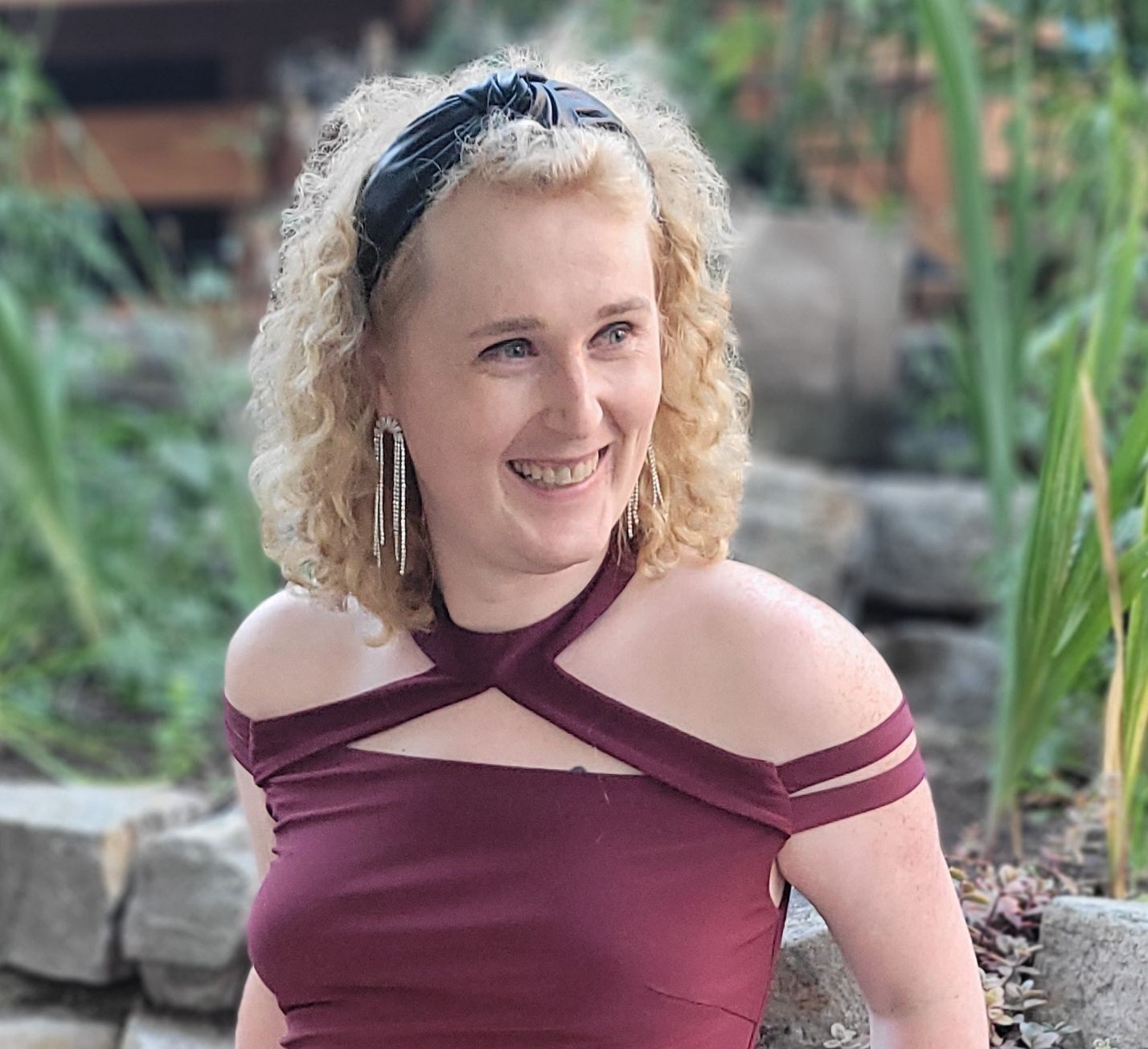Math. This was a subject in the movie Contact.
Math is what you get when you agree to disagree on all but 8 axioms (1). Then go “yeah? prove it” on any other statement.
How do you communicate this with math? Makes the Italian chin flick gesture.
QED
While I’m aware of Contact, and know it relates to people, do you really agree with that premise? Isn’t the inconsistency in employed units of measure sufficient to indicate otherwise?
Ever heard of the saying “Walk a mile in my shoes”? So the clearest means of conveying information would be to encapsulate someone’s entire life experience up to that point, temporarily transfer that state to the other person and allow them to understand the entire background of how that information came to be. Do that back and forth and you have the clearest means of communicating information between people.
Sounds like the plot of a Star Trek episode.
https://en.m.wikipedia.org/wiki/The_Inner_Light_(Star_Trek:_The_Next_Generation)
And he gets to keep the flute after!
Well, a punch in the face is a pretty clear communication, just with a very limited vocabulary.
Words! At least, for people capable of literal communication. You gotta interpret words as they’re said, not as they sound or seem.
Violence is the universal form of communication.
Books, not just reading but long form text. If someone doesn’t want listen, then they won’t even if they pretend otherwise.
So if a talented author puts out a message, the reader has to continually choosing to read, intake and process what is being communicated. It’s easy to tune out of conversation, videos or lectures without realizing it. But if you make it to the end of the page and don’t know what just happened, it’s entirely at your discretion to go back and reprocess. Infinitely repeatable while requiring constant buy-in without the concept of just waiting out the duration while thinking of other things. To my mind, if you want to understand a complex idea than books are easily the best method.
People intentionally want to be misinformed.
So telling them what they want to hear is my suggestion.
This depends on the information and the recipient, every single time. Genuine understanding between two minds is more rare and precious than gold, and it fades all too quickly. It is like a flower once picked. You tend that garden if you want more than one.
There are a lot of ways to interpret this question, it really depends on the information and the people.
Between experts trained in the method of communication? Between experts and a general audience? One expert and one non-expert? Is it technical data? Nuanced opinion? Simple message?
There are a lot of ways to interpret this question, it really depends on the information and the people.
Hence why OP is asking for better ways to communicate.
:P
There are a lot of ways to interpret this question, it really depends on the information and the people.
This is intentional. When I post to this AskLemmy community I try to frame my questions to fit its description:
A Fediverse community for open-ended, thought provoking questions
I fall back to more specific questions here when I can’t find a relevant, active community to post to (or forget to look for one).
This is too broad. It’s like asking “what’s the best wrench to tighten nuts and bolts?” For some applications that’s a torque wrench, some it’s a box end, some it’s a socket wrench, some it’s a crescent wrench, sometimes it’s a pair of vice grips and a hammer. Anything that could properly be called a mode of communication has use cases where it’s clearer than others.
The OBD code that’s unintelligible to the lay person is the clearest way to communicate a discrete engine problem to a mechanic. A graph that plots a particular change over time might perfectly communicate the raw data, while being incapable of communicating narrative context. A meme image or referential quote might perfectly communicate a specific emotional concept to a broad group that gets the reference, while being totally opaque to those who don’t.
I follow ya, I have trouble writing these questions to thread the needle between too broad and too narrow. Too broad and understandably, I get responses correctly calling it out as you have, yet too narrow and it doesn’t produce the conversation and different responses I’m interested in seeing.
I suggest breaking it down into sub questions based on expertise of the audience and nature of the information: technical, narrative, cultural, emotional, etc.
I kind of hate to say it because I’m not a big fan of it, but video content seems to have the widest appeal.
I don’t know that you’ll ever be able to get to a single absolutely clear method though. People have different learning styles. For example, I prefer reading a book by text, but I just can’t absorb an audiobook. Meanwhile I have several friends who can’t focus well enough to sit through a dense book and can retain the whole thing through audio.
Anyway, videos check a lot of boxes that other formats miss. For example, so much of our communication relies on non-verbal cues which are missing entirely from books. While an audiobook might capture the tone, you still miss the body language.
Another advantage to videos is that depending on the tutorial, it can be both visual and experiential. A step-by-step video recipe is more accessible for new cooks who might not know what “mix until smooth” actually looks like.
So why don’t I like videos? Well, to use the cooking example again, I already know how to cook. I don’t actually need step-by-step guides, and usually I just need to refer back to the ingredients or a single step. It can be difficult or time consuming to scroll back through a video and find the exact right spot. My personal peeve is all these tiktok videos that get shared to me showing a recipe, where each ingredient flashes once for a half second, and if I miss it I have to let the whole video loop to find it again.
So anyway for broad appeal and for introduction to a subject, I think videos are probably the most enjoyed format. For a deeper dive or a reference it’s got to be text for me.
Surrounded by flames at the end of an 18 hour shift. When it matters, you fuckin hear it.
Psychedelics, man.
Because they’re like, cool, man.
Repetition. Be it in written, audio, or video form, repeating in until they’re saturated in it.







